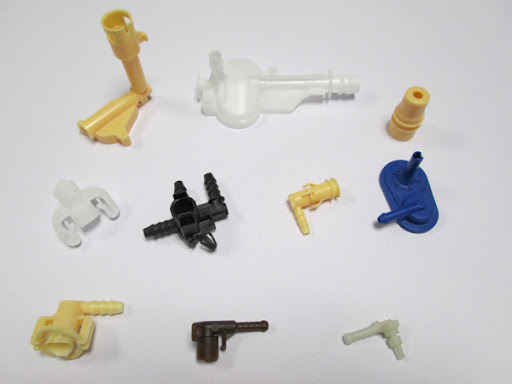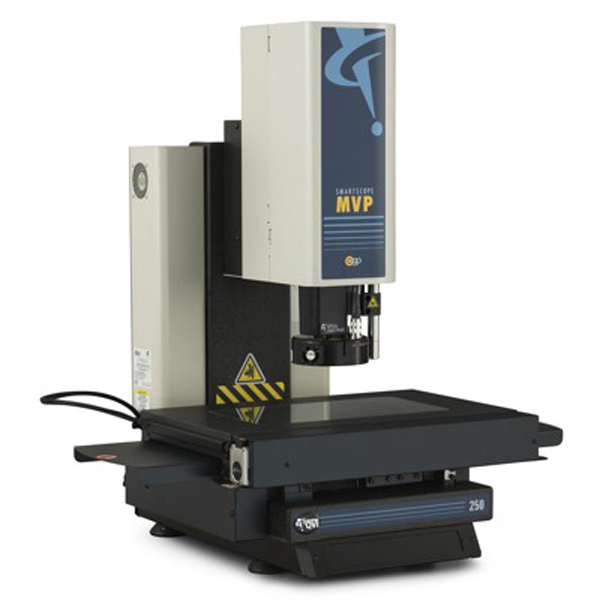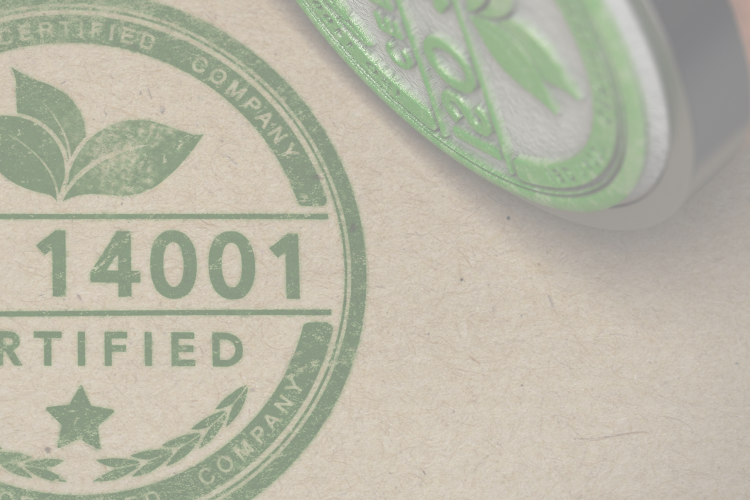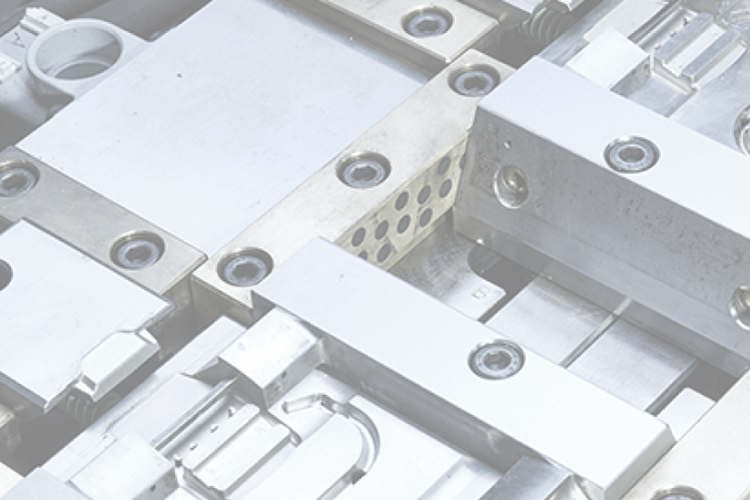High precision plastic injection moulding
Precision injection moulding is a highly technical process used to produce complex plastic components with strict dimensional requirements. Since 1986, Idea Stampi has specialised in this manufacturing technique, managing both the design and construction of moulds and the entire injection moulding process in-house. Learn all the details on this page.
Advantages of our precision injection moulding processes
At the core of every high precision plastic injection moulding project are precision moulds and a tightly controlled production process, both essential to achieving dimensional accuracy, repeatability, and consistent surface quality. Through advanced automation and real-time process control, Idea Stampi delivers high-accuracy plastic components at scale, minimising waste, reducing post-processing, and shortening cycle times.
Key Benefits:
Extreme precision
Tolerances down to ±0.001", suitable for intricate geometries and micro-components
Advanced automation
Real-time monitoring and digital controls ensure process stability and consistent output
Waste reduction
Optimised processes significantly reduce material loss and production defects
Fast production cycles
High productivity with reduced lead times, even for complex or high-volume orders
Support for complex designs
Ideal for multi-component moulding, tight geometries, and detailed technical parts
Cost efficiency
Lower total production costs through process optimisation and reduced manual labor
Our high precision injection moulding services
At Idea Stampi, we specialise in precision injection moulding for plastic components with complex geometries and strict dimensional tolerances. With over 30 years of experience in custom mould manufacturing, we manage the entire process in-house — from concept to final product.
Our services include:
- Co-design and engineering of high-precision thermoplastic parts
- In-house construction of high precision moulds using CNC and EDM technologies
- Process optimisation for minimal waste and short cycle times
- Quality control systems for consistent performance and repeatability
Depending on production volumes and product lifecycle requirements, we manufacture pilot moulds and moulds for small series, multi-impression moulds (2–4 cavities) for medium production, and thermally treated, normalised moulds designed for high-volume manufacturing.
Industries we serve
- Medical: precision micro-components for diagnostic and wearable devices
- Automotive: functional parts requiring structural integrity and tight tolerances
- Electronics and optics: components with high aesthetic and dimensional accuracy including micro-mechanisms for cameras and computers, printer gears, helmet accessories, LED components, lens supports, and compact consumer electronics.
Thanks to our state-of-the-art equipment and skilled technical team, we provide reliable and scalable precision plastic injection moulding solutions — from prototyping to full-scale production.
Need an experienced high precision mould manufacturer?
Contact us without obligation

Precision moulds of plastic materials
Idea Stampi designs and manufactures precision moulds for plastic materials as a core element of its injection moulding expertise. Our experience in high precision injection moulding allows us to work with a wide range of polymers while maintaining excellent dimensional stability and repeatability.
Materials we commonly process include:
- PMMA (polymethylmethacrilate)
- PEI (polyetherimide)
- PPS (polyphenylene-sulfide)
- PC (polycarbonate)
- PBT (polybutylene terephthalate)
- PPO (polyphenol oxidase)
- POM (polyoxymethylene)
- ABS (styrene co-polymers)
- PC/ABS
- PC (polycarbonate)
- IXEF (polyarylamide)
- PA 6/ PA 66 (nylon)
- PP (polypropylene)
Our technical team supports clients in selecting the most suitable material based on mechanical performance, thermal stability, chemical resistance, and moulding behaviour, ensuring optimal results for each precision plastic mould.
How precision injection moulding works
The precision injection moulding process is fully automated and managed through computerised systems to ensure consistency and flexibility. Each production flow follows a sequence of configurable steps tailored to the specific component requirements.
Key process phases:
- Plastic injection moulding
- Coating (if required)
- Quality testing and inspections
- Final packaging
Customisation options:
- Mould design
- Mechanical supports
- Process parameters
- Semi-finished or finished component formats
How to select the right material for precision injection moulding
Choosing the correct plastic material is critical to achieving the desired precision, performance, and durability of your components. Each resin type offers specific mechanical, thermal, and chemical properties that must align with the product's functional requirements and its intended environment.
Below is a breakdown of the key factors to consider:
| Criteria | Considerations |
| Mechanical performance | Dimensional stability, impact resistance, tensile strength |
| Chemical properties | Resistance to chemicals, solvents, and biological agents |
| Thermal properties | Heat resistance, thermal stability, shrinkage control |
| Process compatibility | Material flow, injection temperature, cooling rate |
| Adhesion requirements | Ability to bond with labels or other materials |
| Wall thickness influence | Some materials perform better in thin or variable thickness applications |
Material types overview:
- Amorphous thermoplastics: offer superior dimensional stability and impact resistance
- Semicrystalline thermoplastics: provide enhanced chemical and electrical resistance
Variables influencing high precision injection moulding
Achieving consistent results in high precision injection moulding depends on multiple interconnected variables.
1. Quality of high precision moulds
Moulds for precision injection moulding are the result of accuratestudy, design and testing. Key aspects include cavity geometry, parting surface accuracy, material selection, dimensional tolerances, runner design, and plate thickness.
While standard injection moulds typically allow tolerances of ±0.005", precision moulds operate between ±0.002" and ±0.001" or less.
2. Thermodynamic control of the mould
Consistent control of mould temperature is critical: the moulds’ water lines balance the loss of heat from the plastic material so as to achieve a specific plastic shrink.
Individual temperature controllers help achieving and maintaining the desired temperature and fighting humidity that creates condensation and a chilling effect on the mould surface when it opens and closes.
3. Plastic material consistency
Physico-chemical characteristics vary depending on the kind of plastic. As a consequence, when designing the moulds because this affects the quality and the precision on the injection moulding process. At Idea Stampi we deal with polymers such as polypropylene, pvc, thermoplastic polyurethane, polycarbonate etc.
4. Accuracy of the moulding machine
Precision injection moulding machines are fundamental to good final results. In fact, high temperatures often affect the viscosity of the oil in the machines thus causing dimensional inconsistencies, especially in micro injection moulding machine applications where tight tolerances are critical.
Would you like to know more about high-precision plastic injection moulding?
Contact us
Maintenance of high precision moulds
Over time, intensive production cycles can lead high precision moulds to wear or lose accuracy. Idea Stampi offers a dedicated mould maintenance service, also for moulds not originally manufactured in-house.
Maintenance activities include cleaning, wear inspection, rebuilding worn edges and injection areas, repairing cracks or breaks, restoring damaged surfaces, and backing up technical data. When original designs are unavailable, optical scanning technologies allow us to recreate accurate 3D models of the mould.
A long-term partner for high precision plastic injection moulding
With more than three decades of experience in high precision moulds and precision injection moulding, Idea Stampi positions itself as a long-term technical partner. From micro-components to high-volume production, we support complex industrial projects with engineering expertise, advanced technologies, and reliable manufacturing processes.
FAQ – Precision Injection Moulding
What is precision injection moulding used for?
Precision injection moulding is used to produce highly detailed and dimensionally accurate plastic components for sectors such as automotive, medical, electronics, and optics.
Which materials are most suitable for precision injection moulding?
Materials like PC, POM, PA 66, PBT, and ABS are commonly used. The choice depends on the required mechanical, thermal, and chemical properties.
What tolerances can be achieved with precision moulding?
Typical tolerances range from ±0.005 mm to ±0.02 mm, depending on the part design, material, and mould quality.
Can Idea Stampi support product co-design?
Yes. We collaborate with clients in the co-design phase to ensure the feasibility and manufacturability of the component before mould construction.
What industries benefit most from your service?
We serve a wide range of industries, including automotive, medical devices, electronics, home appliances, and precision optics.






